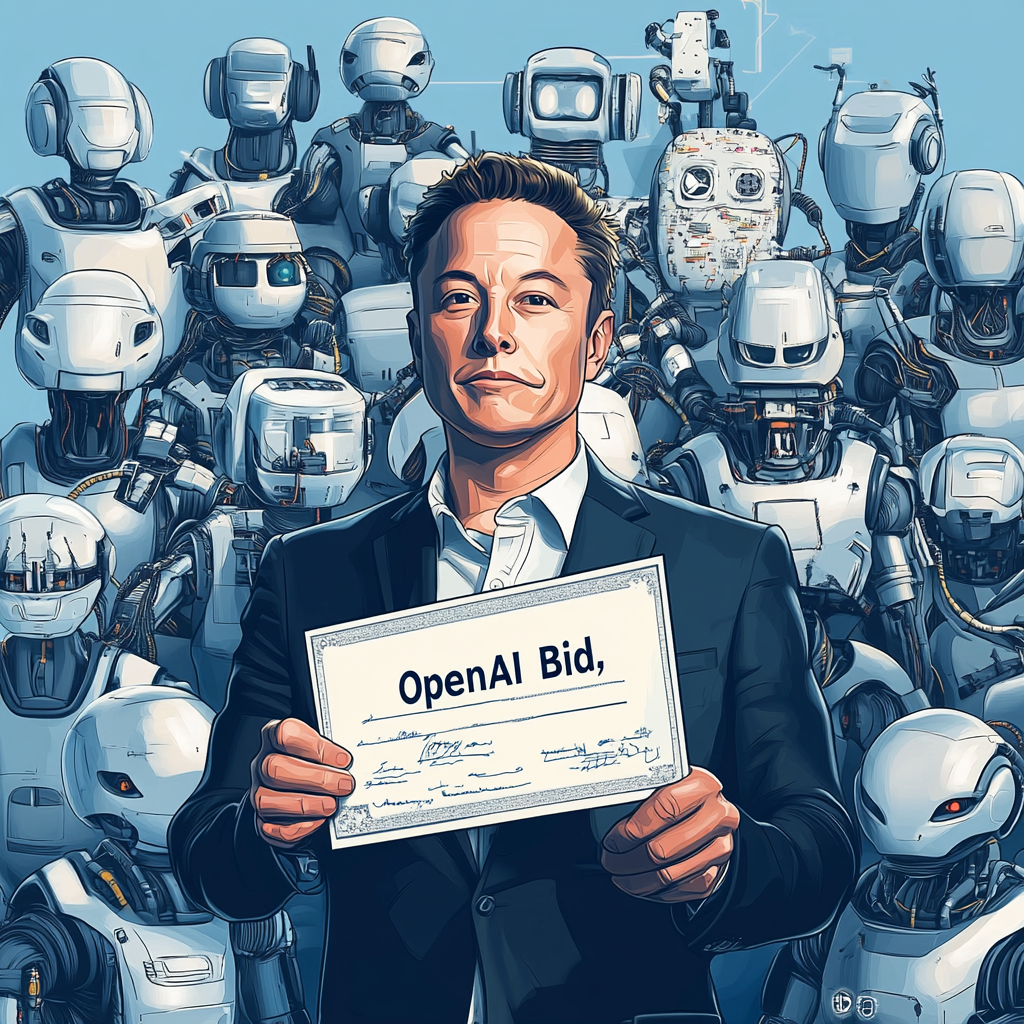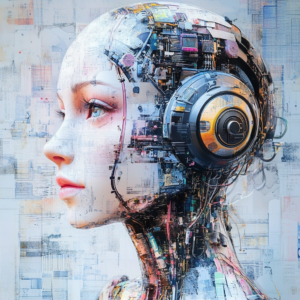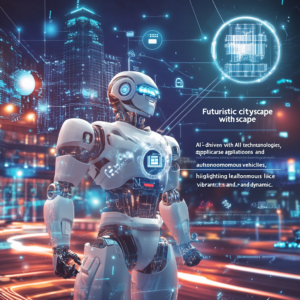
Elon Musk’s $97 Billion OpenAI Bid: The Ethical Dilemma and AI’s Future
The Billion-Dollar Bid: Elon Musk and the Future of OpenAI
Elon Musk, the mind-bending mogul of Tesla and SpaceX, has decided to shake things up in the tech world with an eyebrow-raising $97 billion bid to snatch up OpenAI, the brainchild behind the revolutionary ChatGPT. But hold on to your hats—Musk's lofty offer isn’t a simple cut-and-dried buyout. Instead, it’s got a peculiar twist that has people debating the future of artificial intelligence like it’s the latest episode of a cliffhanger drama.
So, what’s the catch? Musk says he’ll pull the plug on his bid if Sam Altman, the current big cheese of OpenAI, doesn’t pull the company back from its ongoing metamorphosis from a nonprofit into a profit-driven powerhouse. Who would’ve thought that a business titan’s offer could hinge on such a philosophical quandary? The reason behind Musk’s condition? He’s raising alarms about the ethical impacts of AI development. Musk is a self-proclaimed champion of ensuring that AI serves public interests rather than being merely a profit-seeking venture. Ah, the age-old battle between altruism and capitalistic greed is alive and well!
Now that we’ve set the stage, let’s dive into the core discussion surrounding Musk's audacious proposal. It's not just about dollars and cents; it’s about the very ethics of artificial intelligence itself.
We live in a time where technology appears to be evolving faster than our ability to understand its implications. Think of the pivotal questions that today's debate raises:
-
Public vs. Private Interests: The transition from nonprofit to for-profit sparks a fiery dialogue. Will AI's development prioritize the welfare of the public, or will it become just another cash cow for investors? Ah, the allure of the corporate dollar might obscure the greater good faster than you can say "machine learning."
-
Regulation and Oversight: Stringent regulations are pivotal in dictating how AI is wielded in society. But will a profit-driven model allow companies to sidestep these safeguards? You can almost hear the collective gasp of ethicists in the background.
Let's explore further. The technophiles who champion the for-profit model argue that it’s a ticket to unbridled innovation. Investors, they say, will spring forth with their wallets open, ready to bankroll groundbreaking ideas that could change the world. Sure, funding is essential, but at what cost? Can we ensure that this innovation doesn’t come at the expense of accessibility and equity?
On the flip side, there are those who argue that a nonprofit framework ensures that technology benefits all, not just the privileged. Exploring the possibilities of AI from a vantage point that doesn’t revolve solely around profit could lead to solutions that better serve the masses. It’s a fascinating ideological tug-of-war that everyone seems to have an opinion on.
Let’s not forget the key players in this drama. For Musk, it appears a strong societal vision is at stake. He believes AI should be developed responsibly, with a moral compass pointing toward the greater good. By his proposals, he’s laying down a gauntlet, urging the tech elite to reconsider their motives. On the other side of the ring, Sam Altman is steadfast in his belief that transitioning to a for-profit structure will spur growth and innovation in AI—a necessary step to rapidly advance research and development.
The implications of this billion-dollar bid reverberate well beyond the walls of Silicon Valley. On one hand, if Musk suceeds, it could set a new standard for valuing AI companies and shake up future acquisitions. Conversely, if the bid is turned down, it could accelerate the trend of venturing into for-profit realms, which would inevitably transform the landscape of AI development.
And let’s not overlook how public sentiment plays a role here. How the masses perceive AI—and the organizations behind it—could hinge on whether they’re delivering altruistic solutions or merely pushing out profit-driven products. Trust in these technologies hinges on governance models. A predatory approach to AI could turn consumers away faster than a runaway algorithm, while a community-centric model might command respect and admiration.
Musk’s audacious bid is more than a financial transaction; it's a bold manifesto for the future of artificial intelligence. Will we lean towards profit obscuring our view of ethics, or will we carve out a path that prioritizes societal welfare? This spectacle is one for the ages, as we all bear witness to this unfolding narrative.
So, whether you're a tech aficionado itching to stay ahead of the curve, an AI researcher captivated by the implications of these developments, or an onlooker fascinated by the volatility of the tech industry, it’s evident that this saga is a gripping one.
The battle lines are drawn, the stakes are monumental, and the outcome could very well shape the landscape of artificial intelligence for generations to come.
Want to stay up to date with the latest news on neural networks and automation? Subscribe to our Telegram channel: @ethicadvizor

